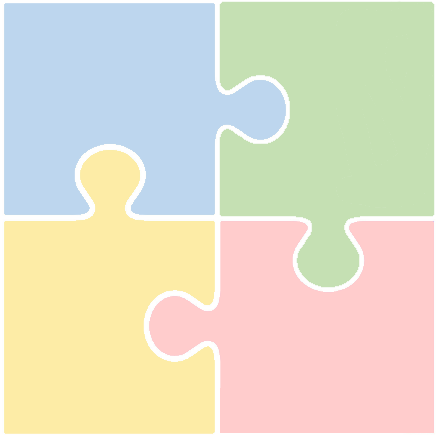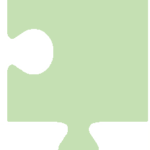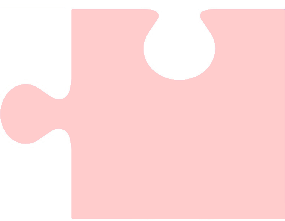|
Curriculum Aims and Intent
At Northenden, we believe that children should have an educational experience which:
- is enjoyable, motivating, inspiring and memorable;
- enables children to develop a love of learning and skills as effective, independent learners
- ensures that pupils develop a good standard of basic skills in reading, writing and mathematics
- develops a love and understanding of other subjects (history, geography, music, art, etc.)
- makes links between subjects and their learning
- ensures that pupils develop a sense of citizenship and make a positive contribution to their school and community
- ensures that pupils have opportunities to develop social, moral, spiritual and cultural experiences and understanding
- ensures that pupils have opportunities to work together and develop life-long skills
- prepares pupils for the next stage in their education or work, in our case, secondary school
- provides of opportunities for personal development and the pursuit of interests
The aims of our curriculum and our teaching methods are to ensure that our pupils:
- develop a love of learning and inquiring minds;
- become confident learners, aware of their own progress and needs;
- work well together and take responsibility for their own learning;
- know how to make a positive contribution to their families, friendships and local and wider community;
- know to keep themselves safe and healthy;
- meet the expectations of their age group as set out in the EYFS Framework or National Curriculum;
- become confident readers who are able to read and understanding different types of texts;
- become confident writers, writing for a range of audiences and in a range of styles and formats;
- become confident mathematicians, able to use number to solve problems;
- develop an interest in and acquire knowledge about science, technology and the world around us;
- develop an interest in the arts, including art and design, music, dance and drama;
- are ready to move on to the next year group or school with the confident, skills, understanding and learning tools they need to succeed.
Curriculum Design
Based on the above, we believe that the school curriculum is much wider and broader than the subjects defined and set out by the Early Years Foundation Stage Framework or National Curriculum. Our curriculum therefore has four broad strands which enable pupils to:
- learn effectively and for themselves;
- develop personally and manage their lives effectively, making a positive contribution to society and keeping safe and healthy;
- develop knowledge, skills and understanding in a broad range of academic subjects;
- develop artistic, cultural and social understanding through a range of enriching activities.
These are represented in four broad curriculum strands which are:
Curriculum Implementation
In implementing our curriculum, we aim to ensure that:
- the knowledge, skills and understanding to be taught are coherently planned to secure progress in each area of learning (EYFS) or subject and from one year group to the next;
- our Teaching and Learning Policy (and the support offered to staff) sets out the ways in which we teach, share subject matter in different ways, promote discussion, and achieve consistency across the school;
- our teachers and teaching assistants have good subject knowledge and skills in supporting pupils’ learning, including for pupils with SEND, supported by professional development, coaching, sharing of expertise and work with other schools;
- we check and assess pupils’ understanding of what has been taught (and against key assessment criteria for each subject and year group) and provide further learning opportunities and meaningful and helpful feedback, both verbally and in writing, to enable pupils to make even more progress;
- learning is memorable and deep, so that pupils have understanding of concepts and ideas rather than just content or simply learning facts;
- we make links between and apply key skills (reading, writing, mathematics and computing) across different subjects
- pupils enjoy and have confidence in reading;
- we use and develop quality resources and materials appropriate to each age group and subject aims.
Long-Term Plan
The long-term plan for the curriculum sets out the key themes, topics and areas of study to be taught in each year throughout the year. The long-term plan changes often as we review and refine our
Schemes of Work
Although we do rely on some published schemes of work to support teaching and learning in different subjects (for example, in Music, Science, French and Religious Education), we do not follow an ‘off the shelf’ full curriculum. We have developed and adapted our own curriculum over a period of time, and will continue to do so as we refine, tweak and improve our curriculum aims and teaching and learning in each subject. This ensures that we:
- meet the needs of our children;
- respond to opportunities and new ideas;
- can be flexible in our approach and change ‘topics’ or themes if we wish to;
- develop an understanding of our own local and wider community;
- ensure that subject objectives, skills and understanding, rather than simply the topic or content, underpin teaching and learning;
- avoid lots of tenuous and trivial links between subjects simply to create a ‘topic’ at the expense of deeper learning;
- do not overwhelm our teachers with too many curriculum demands;
- do not overwhelm our pupils with too much content at the expense of conceptual understanding;
- can focus on teaching skills and developing understanding rather than ‘coverage’.
Our curriculum is being developed, improved and focussed on deeper learning over time. We have spent much time in 2018-2019 reviewing the aims of our curriculum and its design, including schemes of work in a number of subjects. We have also provided staff training in a number of subjects including English (reading), Science, History, Geography, Music, and Design and Technology.
Curriculum Impact
We expect our curriculum to enable the majority of pupils to:
- develop detailed and deep knowledge, skills and understanding across the four broad curriculum areas;
- achieve at least the expectations set out for each year group;
- achieve well in national tests and assessments;
- be ready and well-prepared, in personal and academic terms, for their next class or for secondary school.
EYFS, National Curriculum and Other Subjects
Our Curriculum for Knowledge and Skills is based on the Early Years Foundation Stage curriculum and National Curriculum which includes the following subjects:
and subjects or areas of development which are not part of the statutory National Curriculum
|





